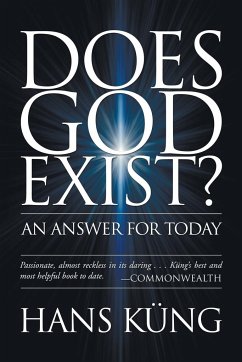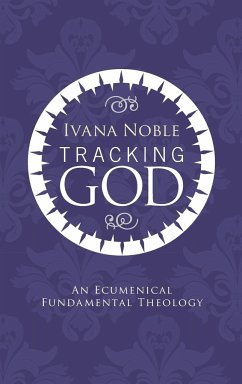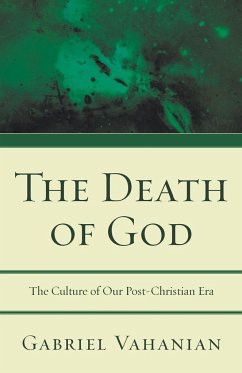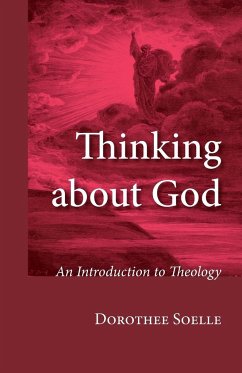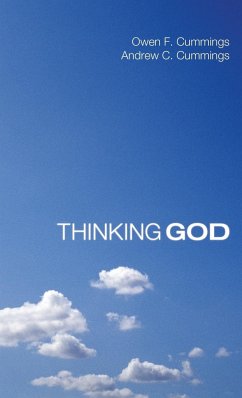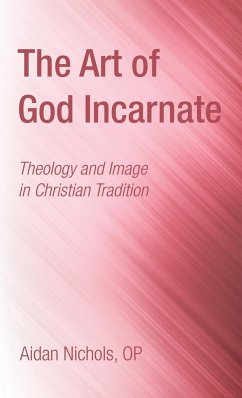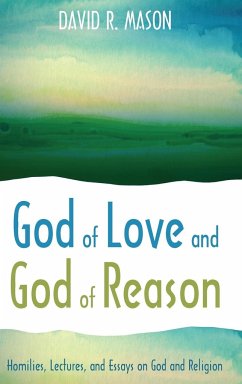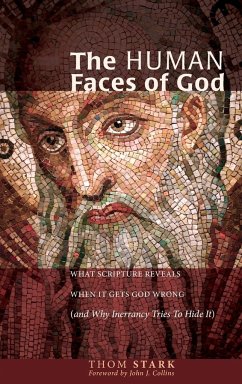Does God exist? Who is God? And can we ultimately trust in any reality? These questions have been among the greatest subjects of human speculation since history began, but not until modern times has the reality of God been so strongly called into doubt. In this monumental study, written for men and women of all faiths (and of none), Hans Kung, the most renowned and controversial theologian in the world today, first traces the rise of modern atheism in the works of such great thinkers as Descartes, Pascal, Feuerbach, Marx, Nietzsche and Freud, and then demonstrates--brilliantly and in terms that make sense to us today--why a "yes" to God remains a more reasonable and responsible belief than its alternative, nihilism.
Bitte wählen Sie Ihr Anliegen aus.
Rechnungen
Retourenschein anfordern
Bestellstatus
Storno

